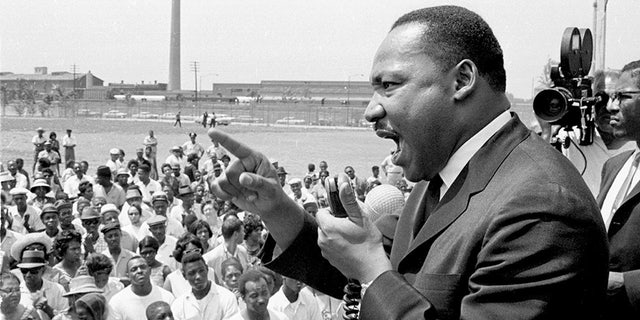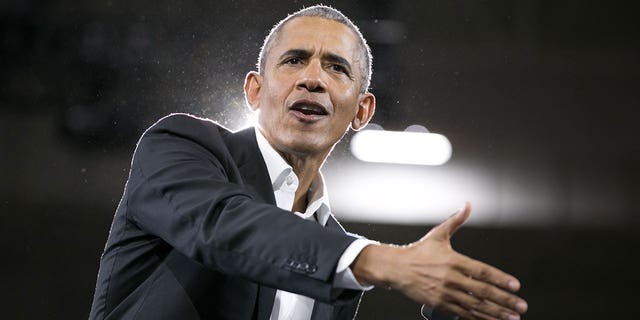Every February, the nation celebrates Black History Month by honoring the contributions that African Americans have made throughout history, while also recognizing that the fight for racial justice continues to this day.
This year’s theme for Black History Month is Black Health and Wellness, as outlined by the Association for the Study of African American Life and History (ASALH), which is headquartered in Washington, D.C.
Many events across the country — in cities, in communities, on college campuses, and more — are scheduled for this month.
For example, at Texas A&M University, the college is holding the Black History Month Kick-off on Feb. 1, hosted by the Black Student Alliance Council (BSAC).
“This year’s theme explores the nuances of health and wellness in the Black community … [It presents] a new chance for everyone to gain wisdom and understanding on topics that don’t normally get discussed related to the Black community,” said BSAC president Matthew Francis ’22., as Texas A&M Today reported. “Health isn’t just talking to the doctor, but also the spiritual, mental, emotional, and financial (aspects).”
Read on for 10 key points about Black History Month in this country.
10 key points about Black History Month
1) The current population of Black and African Americans makes up 46.9 million, the U.S. Census Bureau reports. Also, 89.4% of African Americans age 25 and older had a high school diploma or higher in 2020, as Fox10 Phoenix reported.
2) A founder of the Association for the Study of African American Life and History organization, Carter G. Woodson, first had the idea of this month-long celebration. Woodson was born in 1875 to newly freed Virginia slaves. He later earned a Ph.D. in history from Harvard University. He worried that Black children were not being taught about their ancestors’ achievements in American schools in the early 1900s, as Fox 10 noted.
3) By the late 1960s, Negro History Week — the precursor for this month’s celebrations and events — changed into what is now known as Black History Month.
4) The month of February was picked for Black History Month because it contained the birthdays of President Abraham Lincoln and Frederick Douglass. Lincoln was born on Feb. 12, and Douglass, a former slave who did not know his precise birthday, celebrated his date of birth on Feb. 14, Fox 10 also noted.
5) ASALH has celebrated Negro History Week and Black History Month for 95 years.

American Civil Rights leader Dr. Martin Luther King Jr. (1929-1968) speaks at a rally held at the Robert Taylor Houses in Chicago, Illinois, in the 1960s.
(Robert Abbott Sengstacke/Getty Images)
6) Fifty years after the first celebrations, then-President Gerald R. Ford officially recognized Black History Month at the country’s 1976 bicentennial. Ford called on Americans to “seize the opportunity to honor the too-often neglected accomplishments of Black Americans in every area of endeavor throughout our history,” as History.com noted.
7) Forty years after Ford’s recognition of Black History Month, then-President Barack Obama delivered this message, in part, from the White House: “Black History Month shouldn’t be treated as though it is somehow separate from our collective American history or somehow just boiled down to a compilation of greatest hits from the March on Washington or from some of our sports heroes … It’s about the lived, shared experience of all African Americans.”

Former President Barack Obama addresses a crowd in support of Georgia Democratic gubernatorial candidate Stacey Abrams during a campaign rally at Morehouse College on Nov. 2, 2018, in Atlanta, Georgia.
(Photo by Jessica McGowan/Getty Images)
8) Canada also commemorates Black History Month in February.
9) At the time of Negro History Week’s launch in 1926, Woodson believed the teaching of Black history was key to the physical and intellectual survival of the race within society: “If a race has no history, it has no worthwhile tradition, it becomes a negligible factor in the thought of the world, and it stands in danger of being exterminated,” he said in part, as the Journal of Negro History reported.
GET THE FOX NEWS APP HERE
10) While this year’s theme for Black History Month is Black health and wellness, past themes have included the family, Black migrations, and Black women in American culture and history, among others.